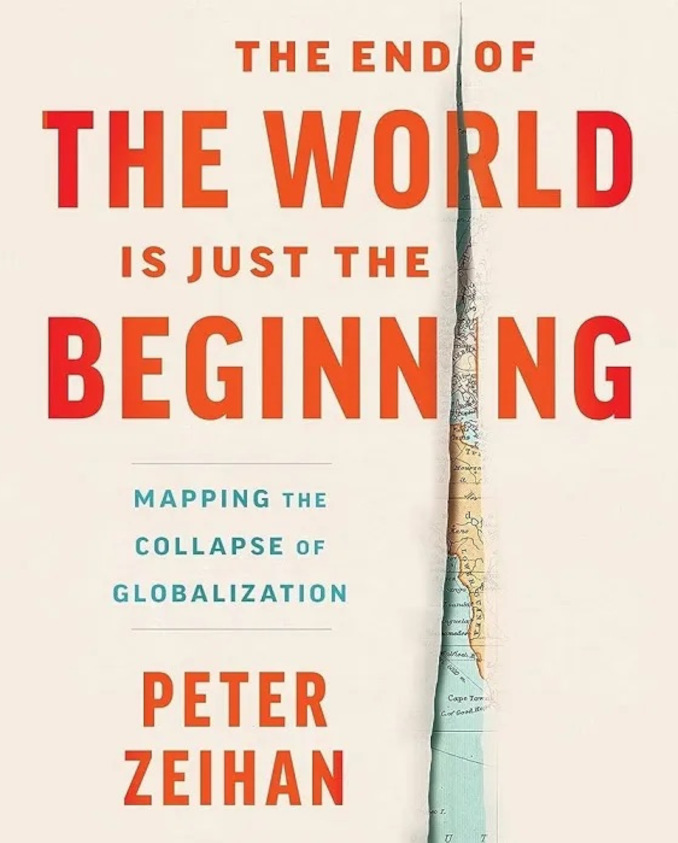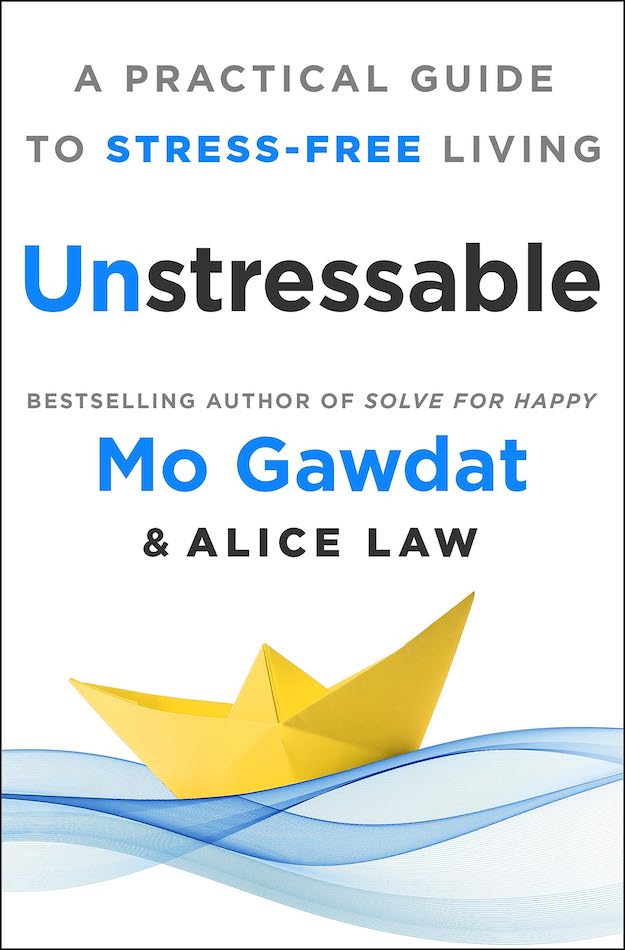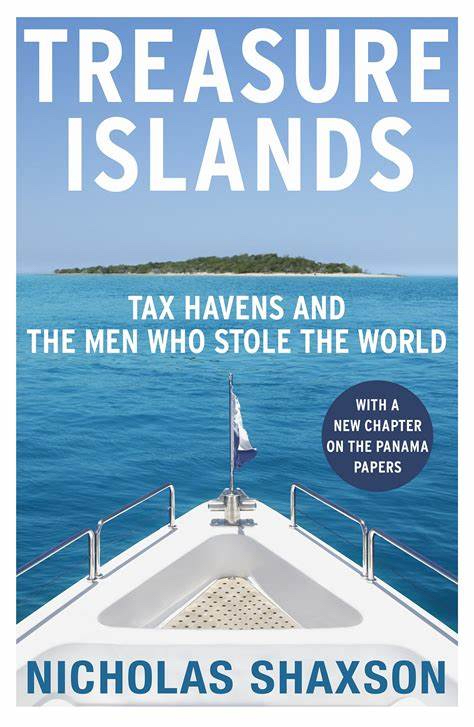Book Review, February 2, 2025
By Peter Zeihan
By Catherine Austin Fitts
Peter Zeihan published The End of the World Is Just the Beginning: Mapping the Collapse of Globalization in 2022. The book is an exploration of “deglobalization”—what that looks like, what it feels like, and who and what could win and lose in a period of unprecedented change that could reorder and shrink the global economic pie in highly dramatic ways.
Zeihan is a geopolitical analyst whose work is deeply rooted in understanding and analyzing geography and demographics as driving forces of historical and current events. As he states in a previous work, The Accidental Superpower,
“Geopolitical and demographic forces are so rooted in the unchangeable that political action often generates little but noise.”
I enjoy reading Zeihan because he focuses on the real assets that feed our daily lives and drive our economics. We could all use an infusion of demographics and geography in our understanding of current events.
Zeihan is an unabashed booster of America’s strengths and competitive advantages and perpetually makes the case that Russia and China are destined to fail. I find that his analysis overestimates U.S. strategic advantages, glosses over material problems, and underestimates Russia’s and China’s ability to navigate and overcome their demographic and geographic challenges. Nevertheless, his analysis is very helpful in thinking through the changes that are currently accelerating as the Going Direct Reset continues and the global trade system undergoes profound shifts.
We are hearing much criticism of the Trump Administration for its unwinding of the global trade order. However, that has been happening for many years, as Zeihan points out in his 2020 book, Disunited Nations: The Scramble for Power in an Ungoverned World:
“Many condemn Donald Trump for destroying the global Order. Let’s be real here. If there is one thing that Americans on both the Left and Right agree on, it is that the United States should pursue a more modest role in foreign affairs. The push for an American retrenchment did not begin with Trump, nor will it end with him. Besides, if a single American election can upend the Order—in an era when there is no nuclear-massed superpower foe—it was never as stable and durable as anyone thought. A more accurate assessment is that despite Donald Trump’s trademark brashness, American policy trajectory hasn’t changed much. In the seventh year of George W. Bush’s presidency, the United States initiated a broad global drawdown of its troop levels. That disengagement continued both under Barack Obama and Donald Trump. At the time of this writing, the Americans now have fewer troops stationed abroad than at any time since the Great Depression.”
Senate Leader Mitch McConnell has published several articles recently, pleading with the incoming Trump Administration to preserve the “global order.” Reading between the lines, what he is saying is that it is against our interest to accelerate “deglobalization.” As President Trump publishes a slew of Executive Orders and announces tariffs on Canada, Mexico, and China, the Trump policy pivot is clearly going in the opposite direction at high speed. If Zeihan was warning of deglobalization in 2022 with the publication of The End of the World Is Just the Beginning, get ready for a “shock doctrine” level of deglobalization, which is now upon us. If you don’t understand what I mean regarding “shock” economics, I encourage you to read our recent reports on “Case Studies in Plunder Capitalism” and “Land Grab Tactics” and listen to the related interview with Professor Richard A. Werner describing case studies on the profits from economic shock (see links below).
Three sectors that Zeihan focuses on are transportation, energy, and agriculture. Deglobalization has profound implications for countries that are not energy or food self-sufficient. As Zeihan wrote in The Accidental Superpower:
“American involvement in the Persian Gulf has not been in order to secure energy supplies for the United States, but instead to supply energy for its energy-starved Bretton Woods partners in Europe and Asia. Put more directly, the Americans do not protect the Persian Gulf kingdoms and emirates so that the Americans can use Middle Eastern oil, but so that their Bretton Woods partners in Japan, Korea, China, Taiwan, Thailand, India, and Pakistan can.”
If you read our 2016 Annual Wrap Up on “The Global Harvest,” we focused on which countries were self-sufficient in agriculture, allowing net exports, and what that means to their strategic position in a world where access to food is increasingly being weaponized.
Deglobalization is upon us. Supply chains are being radically reshuffled, as are the economics of trade. Among other things, this means the U.S. will reindustrialize, this time with automation and robotics. Wherever you are in the world, you need to focus on what this means to you, your household budget, your business, and your community; opportunities for greater local and national resiliency will be all around us, as will the risks of profoundly changing economics. Are you prepared to pay 25% more for everything you use that comes from Canada and Mexico, and 10% more for everything you import from China? My home in the United States is in Tennessee. Tennessee’s largest import partner is China. What will happen if 22% of the goods that Tennessee imports increase in price by 25%?
In 2022, the U.S. imported $421 billion of goods from Mexico and $438 billion from Canada. What happens to your household and business budget if the price of those goods increases by 25%?
If you want help thinking through the wide number of issues involved that are impacting you as we speak, including the prices of food and energy, I recommend that you read The End of the World Is Just the Beginning.




